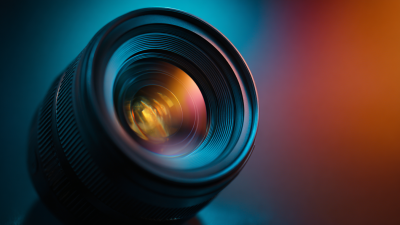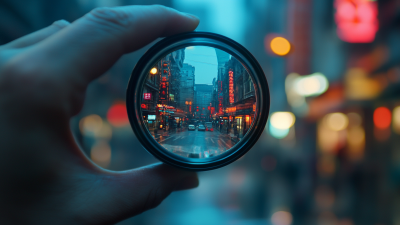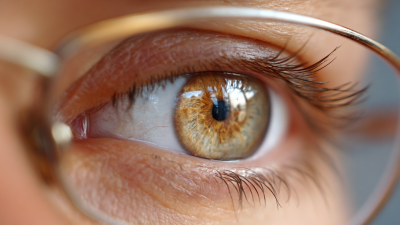As outdoor activities become increasingly popular, understanding the importance of protecting our eyes from harmful ultraviolet (UV) rays is vital. UV protection glasses are essential for anyone spending time outside, whether you're hiking, cycling, or simply enjoying a sunny day at the park. These specialized eyewear options not only shield your eyes from damaging UV radiation but also reduce glare, enhance visual comfort, and improve overall performance in bright environments.
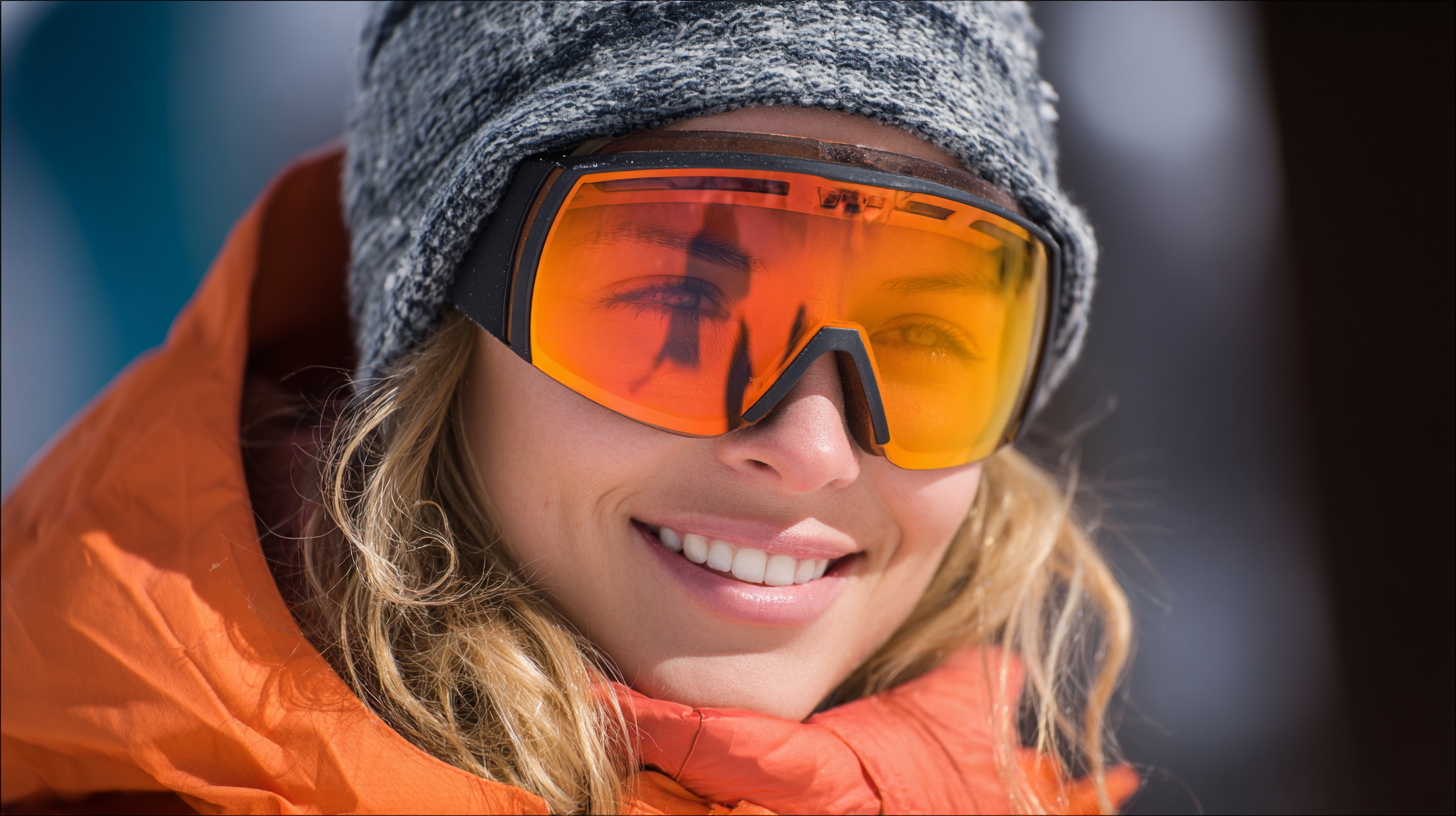
With various styles and lens technologies available, choosing the right UV protection glasses can significantly contribute to your eye health and well-being. In this guide, we will explore the myriad benefits of UV protection glasses, offering tips on selecting the best pair for your outdoor adventures and emphasizing the necessity of safeguarding your eyesight against the sun's harmful effects.
Understanding the importance of UV protection for eye health is paramount, especially in a world where outdoor activities are prevalent. According to the World Health Organization (WHO), approximately 20% of cataracts are attributed to UV exposure. Overexposure to ultraviolet rays can lead to various eye diseases, including cataracts, macular degeneration, and even skin cancer around the eyelids. Studies suggest that individuals who do not regularly wear UV-protective eyewear are significantly more susceptible to these conditions. This emphasizes the necessity of investing in high-quality UV protection glasses when engaging in outdoor activities.
Moreover, the American Academy of Ophthalmology highlights that up to 80% of UV exposure occurs before the age of 18, indicating the pressing need for UV protection measures early in life. Children, who often spend more time outdoors, are particularly vulnerable due to their developing eyes. Wearing sunglasses with proper UV protection can mitigate these risks and safeguard one's vision throughout life. As outdoor enthusiasts embrace extended hours in the sun, it becomes increasingly essential to prioritize eye health through UV protection, thereby preventing the onset of serious eye diseases and promoting long-term well-being.
UV protection glasses play a crucial role in enhancing the enjoyment of outdoor activities. When engaging in activities such as hiking, cycling, or playing sports, our eyes are exposed to harmful ultraviolet rays that can cause not only short-term discomfort but also long-term health issues. By wearing UV protection glasses, individuals can shield their eyes from these harmful rays, reducing the risk of conditions such as cataracts and macular degeneration. This protection allows people to focus more on their activities and less on the potential strain caused by bright sunlight.
Moreover, UV protection glasses often come with features designed to improve visibility and comfort during outdoor pursuits. Polarized lenses can minimize glare from reflective surfaces like water or roads, enabling clearer vision. Additionally, anti-fog and scratch-resistant coatings enhance durability, making outdoor experiences more enjoyable and worry-free. As such, investing in a good pair of UV protection glasses not only safeguards eye health but also elevates the overall enjoyment of outdoor adventures, allowing individuals to fully immerse themselves in nature without the distraction of eye strain or discomfort.
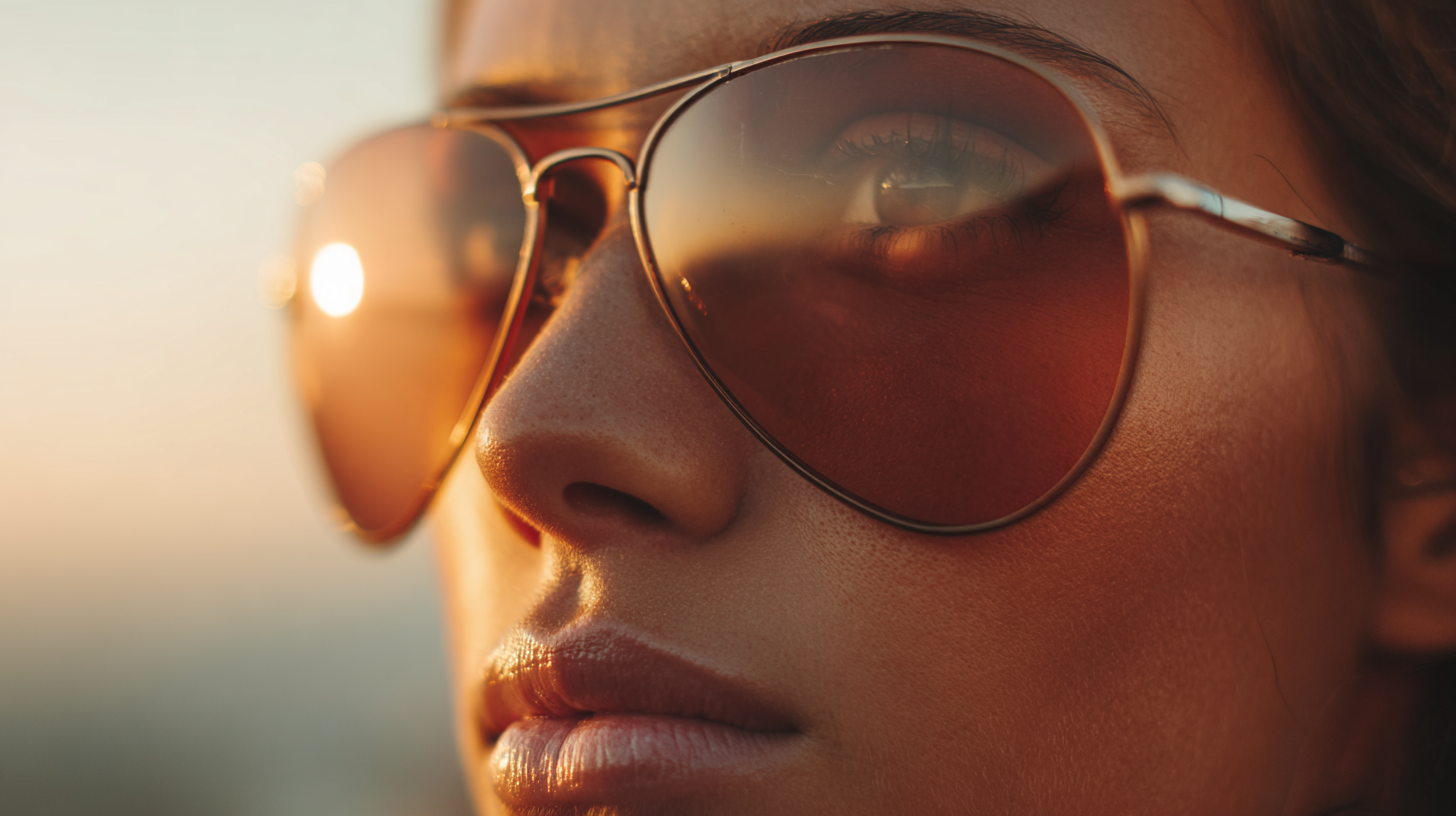
Ultraviolet (UV) radiation poses a significant risk to eye health, making awareness of its impact crucial for outdoor activities. Studies indicate that prolonged exposure to UV rays can lead to various eye conditions, including cataracts, macular degeneration, and even skin cancers around the eyes. A striking statistic shows that around 20% of cataract cases are attributed to UV exposure, underscoring the importance of protective measures like UV protection glasses.
When engaging in activities such as hiking, skiing, or spending time at the beach, the risk of UV exposure increases, particularly in environments with reflective surfaces. Approximately 80% of UV rays can penetrate clouds, meaning that even on overcast days, individuals remain vulnerable. Research highlights that individuals who wear UV protection glasses are 30% less likely to develop serious eye conditions related to sun exposure. This statistic emphasizes the necessity of incorporating proper eyewear into outdoor routines, safeguarding not just comfort but long-term eye health.
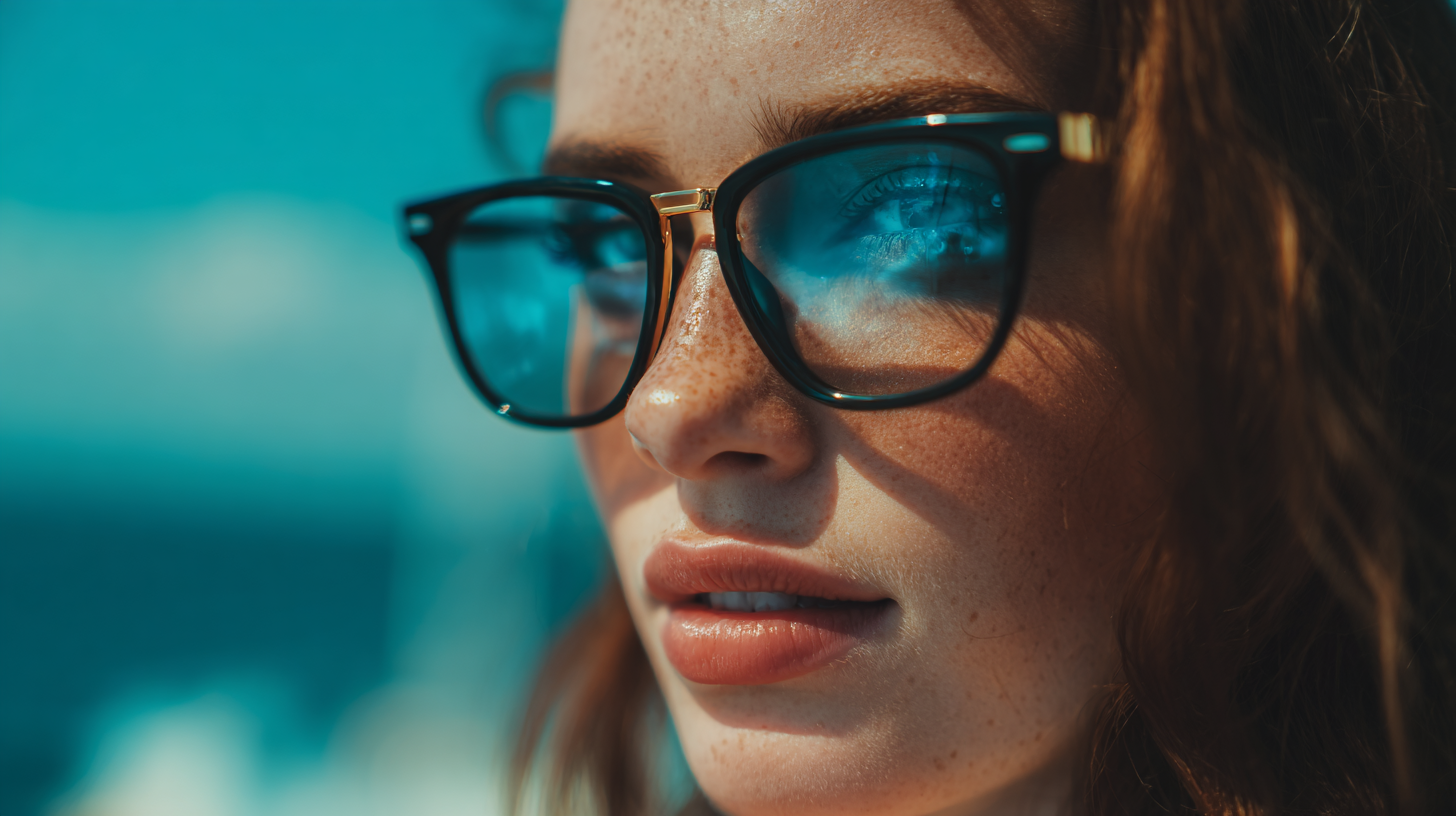
When selecting the right UV protection glasses, it’s crucial to consider factors that maximize their efficacy for outdoor activities and overall eye health. According to the American Academy of Ophthalmology, harmful UV rays can lead to various eye conditions, including cataracts, macular degeneration, and photokeratitis. Therefore, choosing sunglasses that offer 100% UV protection is essential. Look for products labeled with "UV400," which indicates they block all UVA and UVB rays up to 400 nanometers, providing comprehensive protection.
Furthermore, the design and fit of UV protection glasses play a significant role in their effectiveness. Wraparound styles are particularly beneficial as they minimize peripheral light exposure, which can be a source of UV damage. A study published in the Journal of the American Optometric Association notes that individuals wearing wraparound sunglasses experience significantly lower UV radiation exposure to the eyes, compared to those wearing conventional glasses. Additionally, lens color can influence visual comfort, but it's vital to remember that darker lenses do not inherently provide better UV protection. Thus, focusing on quality and proper fit ensures optimal performance in safeguarding your eyes during outdoor activities.
| Feature | Importance | Recommended Lens Types | UV Safety Level |
|---|---|---|---|
| UV Protection | Reduces risk of eye diseases | Polycarbonate, Trivex | UV400 |
| Polarization | Reduces glare from reflective surfaces | Polarized lenses | N/A |
| Anti-Reflective Coating | Improves vision by reducing reflections | Anti-reflective coated lenses | N/A |
| Lens Color | Enhances contrast and depth perception | Grey, Brown, Yellow | N/A |
| Fit and Comfort | Ensures the right coverage for optimal protection | Wraparound styles, adjustable nose pads | N/A |
Polarized lenses play a crucial role in enhancing visual comfort and protection for outdoor activities. These specialized lenses contain a unique filter that blocks intense reflected light, significantly reducing glare from surfaces like water, roads, and snow. According to the The American Academy of Ophthalmology, excessive glare can lead to eye strain, headaches, and diminished visibility.
Polarized eyewear is especially beneficial during activities like fishing, skiing, and driving, where glare can impede performance and safety.
When selecting polarized glasses, consider lenses that offer 100% UV protection, as they can shield your eyes from harmful ultraviolet rays, which are linked to cataracts and other eye conditions. A study from the Vision Council indicates that approximately
40% of Americans are unaware of the potential harm UV rays pose to eye health. By opting for polarized sunglasses, you not only enhance your comfort during outdoor activities but also invest in long-term eye health.
Tips: Always choose polarized lenses with a high UV protection rating. Additionally, ensure that the frames fit well to minimize external light exposure. Regular eye check-ups are essential to monitor your eye health and adjust your eyewear needs as necessary.

